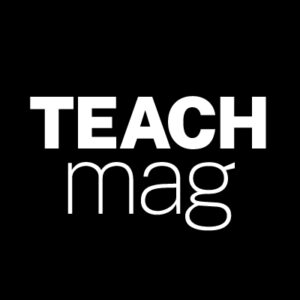Silent letters can be tricky to grasp for young students. One way of introducing them to students is to show that those letters aren’t always silent. They can be heard in similar words.
For example, the b may be silent in debt, but it’s heard in debit. Similarly, the g in sign is silent, but it is not in signal. Other examples include, crumb and crumble, column and columnist, and resign and resignation. If students can make the connection, it can help them remember how to spell the word with the silent letter.
TEACH is the largest national education publication in Canada. We support good teachers and teaching and believe in innovation in education.


